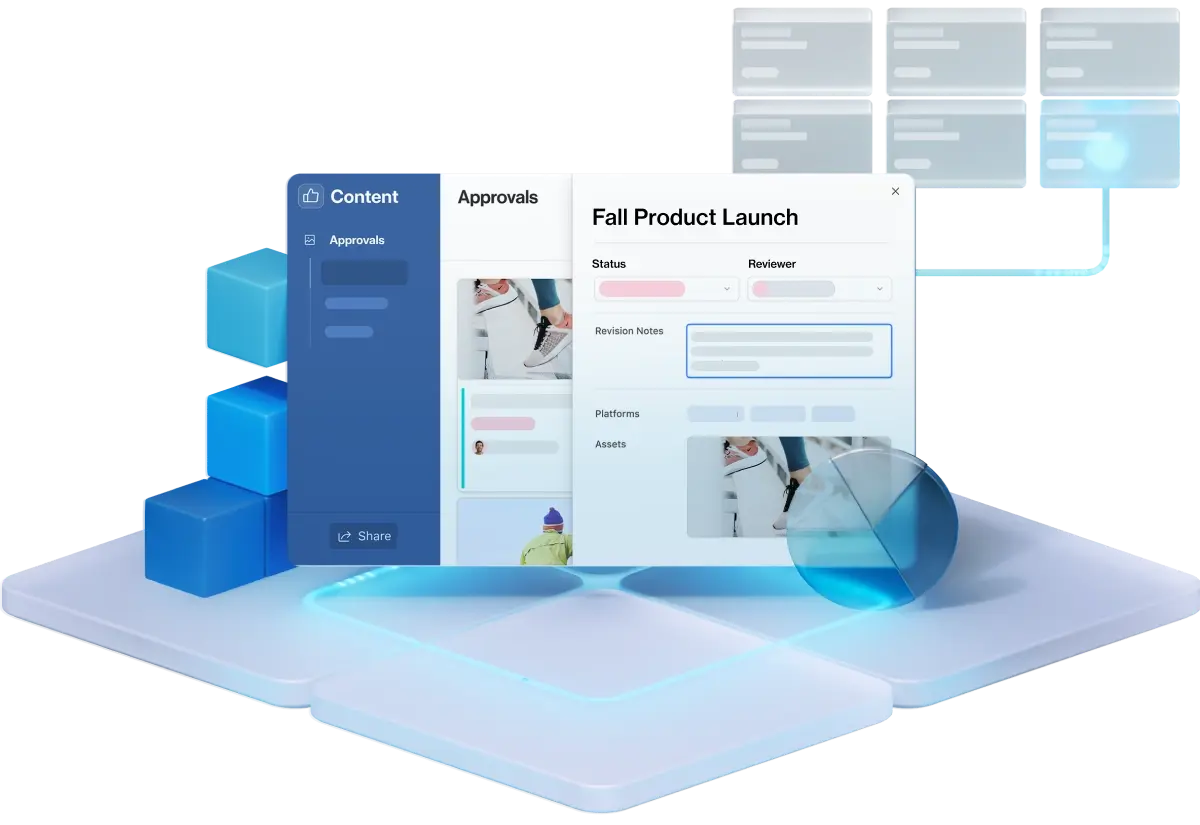Look, I've been using Airtable for 3 years now, and here's what no one tells you: it's brilliant until it isn't. Started with a simple project tracker for our 8-person dev team. Six months later we're paying $360/month and I'm explaining to my CEO why our "simple database" costs more than our GitHub subscription.
Why People Actually Pick Airtable
It's Excel that doesn't hate you back: Ever try to link data across multiple Excel sheets? It's like performing surgery with oven mitts. Airtable's linked records actually work the way you think they should. You can connect your project table to your team table to your client table without wanting to throw your laptop out the window.
The free plan is a trap (but a good one): 1,000 records per base sounds like plenty until you realize every single row is a "record." That bug tracker you started? Hit the limit in two months. But by then your whole team is hooked because, honestly, it just works better than Google Sheets or Notion databases.
Collaboration that doesn't suck: Unlike Google Sheets where everyone's fighting over cell selection, Airtable handles multiple people editing simultaneously without the weird cursor wars. Changes sync instantly and you can actually see who changed what without digging through revision history like you're investigating a crime.
The Learning Curve Nobody Warns You About
Here's the thing - Airtable looks simple but thinking in databases fucks with people's heads. Your marketing person will create 47 different "Status" fields instead of using a proper dropdown field. Your PM will try to put everything in one massive table instead of linking records properly. I spent two weeks fixing a base where someone tried to store client addresses as a text field instead of using the address field type.
The Interface Designer is both amazing and frustrating: Building custom interfaces feels like magic when it works. Drag, drop, boom - you have a client portal. But try to do anything slightly complex and you'll find yourself fighting with layout issues and permissions that make no sense. It's like having a sports car that only drives in parking lots.
Formulas are Excel's weird cousin: If you know Excel formulas, Airtable formulas will feel familiar but wrong. Simple things work great, but try to do anything advanced and you're googling "Airtable formula errors" at 2 AM wondering why DATETIME_FORMAT doesn't behave like Excel's date functions.
When Airtable Actually Shines
Project management for teams under 15: Once you set it up right, tracking projects across clients, tasks, and team members is actually pleasant. The Kanban view works better than Trello, and you can slice your data every way imaginable without rebuilding everything.
CRM for companies that aren't sales-heavy: If you need to track customers but don't need Salesforce's enterprise complexity, Airtable's CRM templates are solid. You can customize everything and it won't fight you on field types like HubSpot does.
Content calendars and marketing workflows: Marketing teams love Airtable because they can track campaigns, assets, deadlines, and approvals in one place. The calendar view actually shows your data in a way that makes sense, unlike most project management tools that treat dates like an afterthought. Check out the marketing workflow templates to see what's possible.

The 2025 AI Push: Omni and Field Agents
Airtable has gone all-in on AI in 2025, launching Omni (their AI cobuilder) and AI Field Agents. Omni helps you build interfaces and automations by describing what you want in plain English - "create a dashboard showing overdue tasks by team member." It works pretty well for simple stuff but gets confused with complex requirements.
The AI Field Agents are more interesting - they can analyze documents, generate content, and make decisions based on your data. I've used them for extracting data from invoices and generating project status updates. They work about 80% of the time, which is better than I expected but still means you need human oversight.
The AI features are only available on Business plans and above, naturally. And they consume "AI credits" that you'll burn through faster than you think if you use them regularly.
The truth? Airtable is great when you need more than a spreadsheet but don't want to build a real database. The AI features are actually useful if you can afford them. Just prepare your wallet - that pricing scales faster than AWS bills during a traffic spike.
